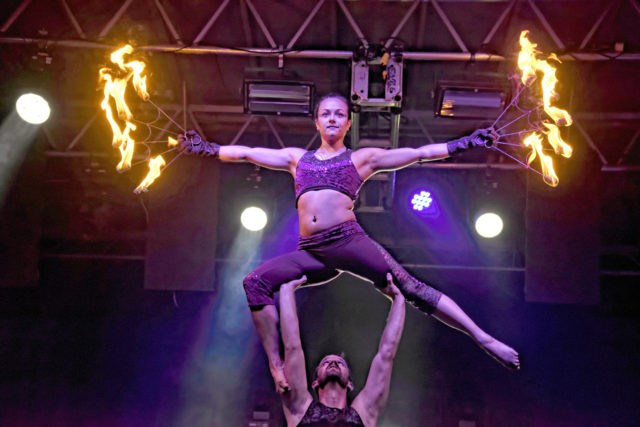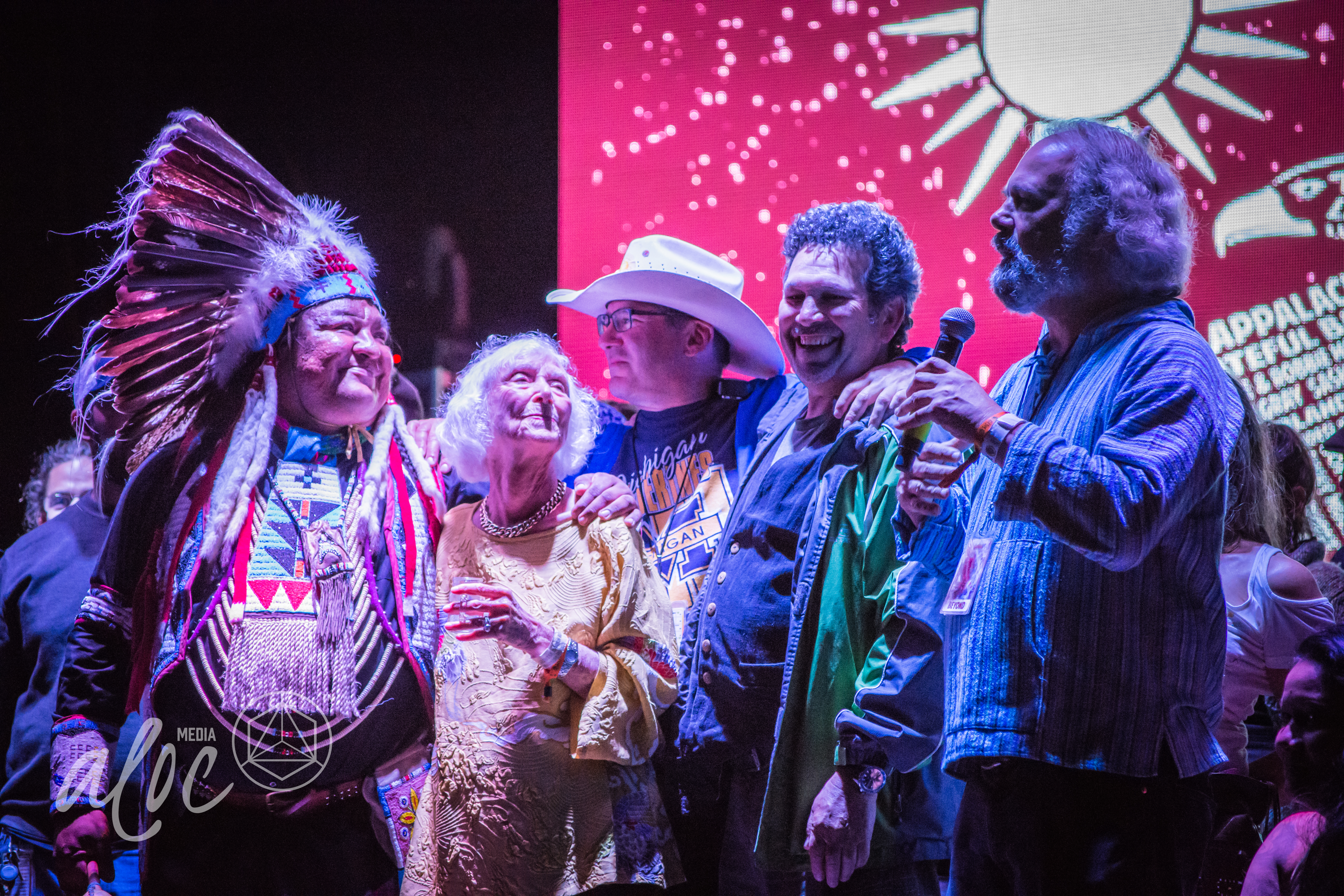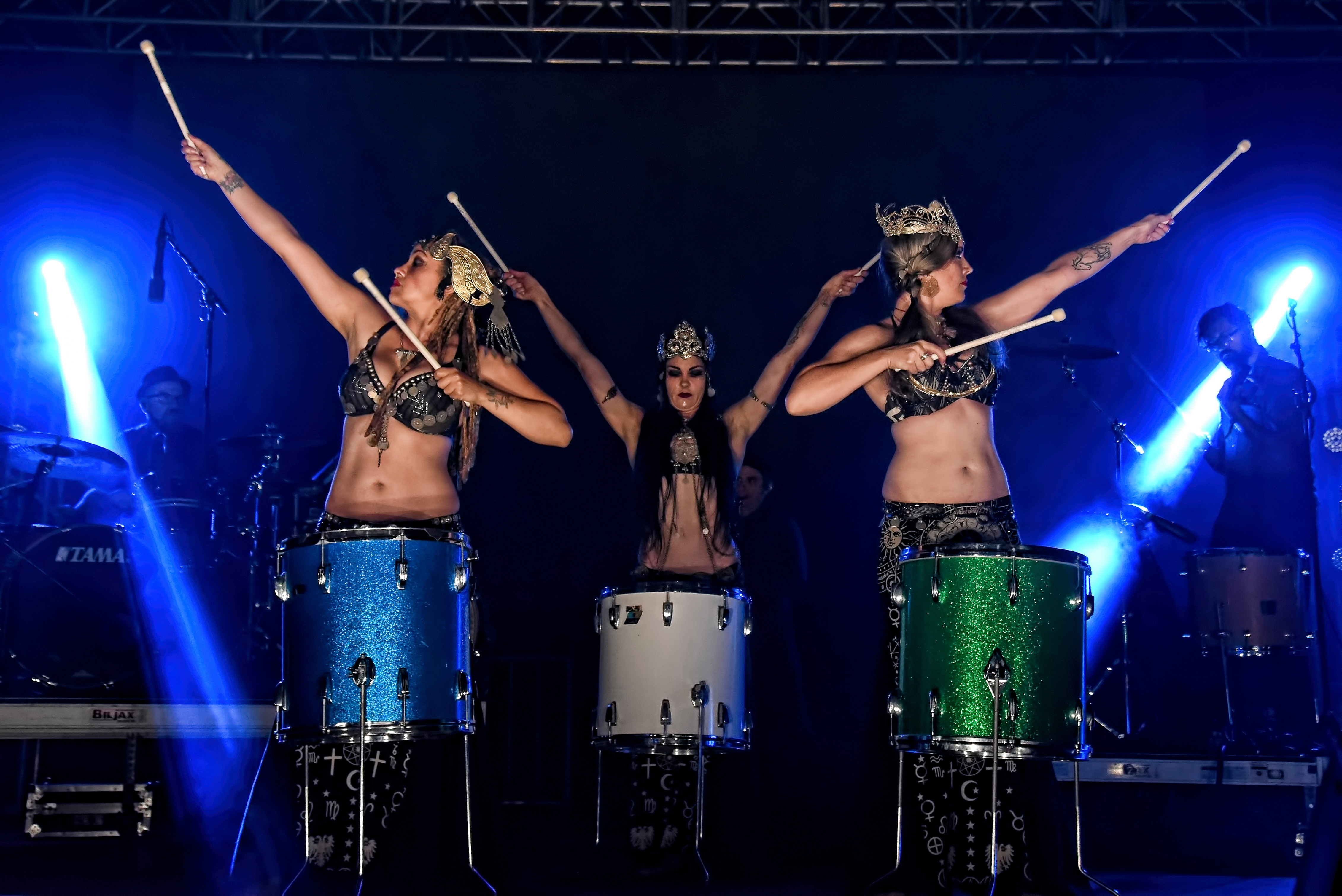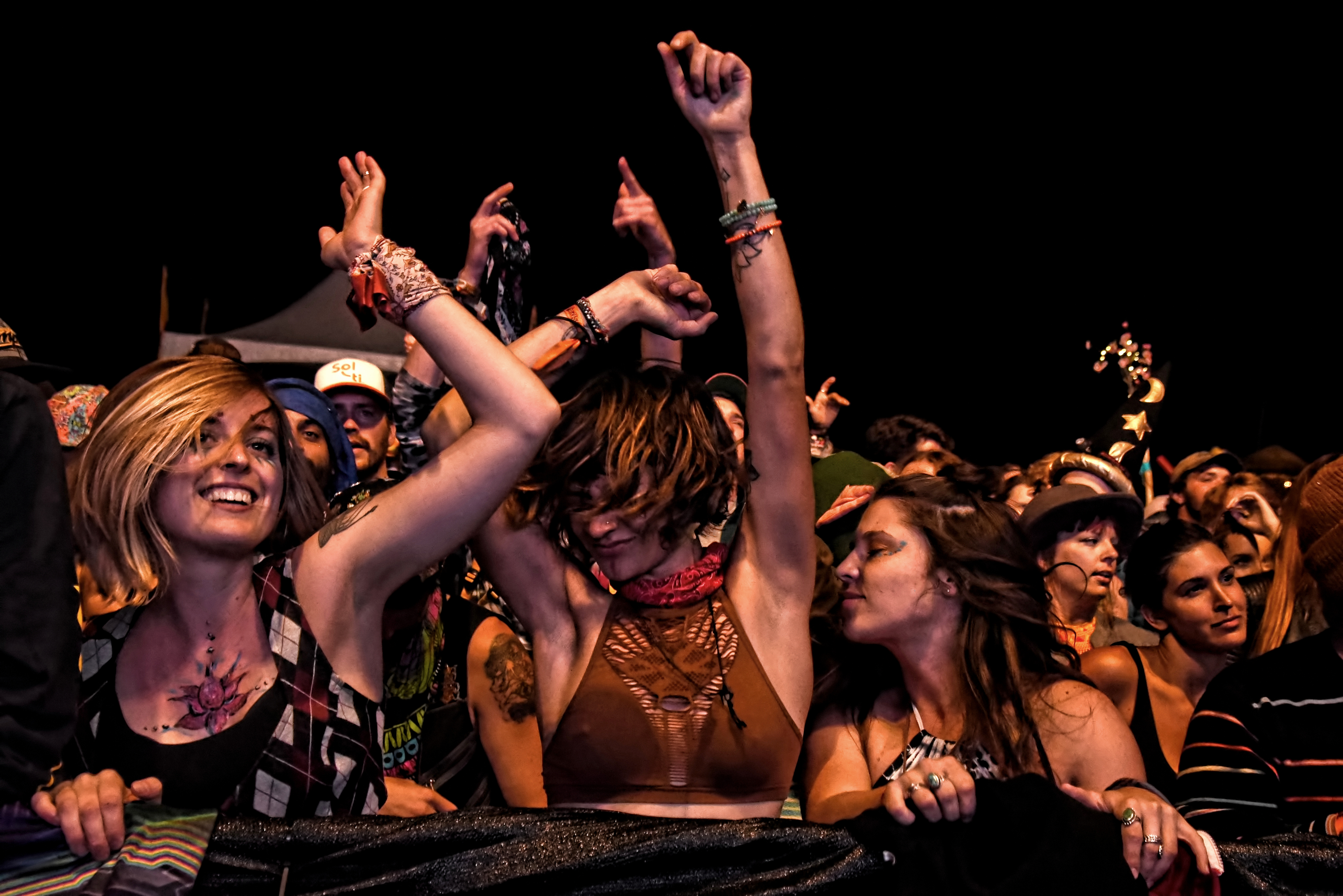
There was a time, if you can believe it, when Paul Bassis — co-founder of the extremely woke, half music, half co-creative ARISE Festival, former manager of high-profile activists like Daryl Hannah and Julia Butterfly Hill, a man who built a management company that “facilitated the radicalizing of celebrities and the ‘celebritizing’ of radicals” — denied being an activist.
“People would ask if I was an activist and I would say, ‘No, I’m just very fucking active,’” Bassis says with a laugh over the phone recently. “My hesitation was when you put ‘ist’ on end of a word you create an other, a label, and I was hesitant to define myself or anyone else in that way because it was exclusive. I didn’t think it was productive.”

But that was a long time ago, long before ARISE and long before Trump.
“We are not living in moderate times,” Bassis says. “Therefore the label of radical is another one I’m enthusiastically embracing. One of worst things to happen to humanity is the concept of status quo. We’ve got to be cognizant of the time that we’re in and act accordingly.”
Sliding into its sixth year Aug. 3-5, the ARISE Festival continues to amplify its core values and “act accordingly,” weaving some of the day’s most conscientious musical acts with a weekend full of panels, workshops, yoga classes, art galleries, theme camps, documentary showings and even a farmers’ market.
In a way, the ARISE Festival itself has always been an act of protest, a side-eye to the “Man,” a middle finger to the social and environmental devastation wreaked by unchecked corporate greed. ARISE is the spitting-image grandchild of the musical festivals that started it all, Monterey Pop and Woodstock, which both evolved as a response to the civil unrest of the late ’60s. Counterculture may look a little different today — some accounts might say more yoga, less LSD — but it’s alive and well in the face of renewed and depressingly familiar civil unrest.
These are “dangerous times,” Bassis says, and there’s an increased sense of urgency around the community building that is so central to this homegrown festival. You can hear it in Bassis’ voice, though he never loses his signature charm and optimism. No, Bassis doesn’t give up hope; hope seems to be the wind that’s carried him through his varied and some might say unconventional 30-year career managing music festivals and activists.

“Art is the perfect forum for a reflection of the time we are in,” Bassis explains, “and this time we happen to be in right now is unique, from many times I can speak of in my lifetime — or beyond. The time we’re in is actually dangerous. I think most everybody is aware to lesser and greater degrees how dangerous these times we are in are.
“It’s absolutely necessary, in order for an opposite reaction to the dangerous time we’re in, for there to be a building of community. Community has to be strengthened. Whether you’re talking about a small community like a neighborhood, or a larger community like the ARISE Festival or a much larger community like the state of Colorado or the United States or the global community. It’s building community and strengthening community that is the only thing possible that can defeat the kinds of forces of evil, for lack of a better term, the forces of hate we are seeing in our society right now. I cannot think of anything else that has a greater strength than what we are up against.”
This year ARISE will host, as always, a handful of panels and workshops meant to engage and activate. Bassis himself, for the first time in awhile, will get the chance to be on one of the panels, “Democracy Rocks! Defending All That is Worth Fighting for in the Age of Trump,” on Saturday, Aug. 4 at 11:45 a.m. in the Big Sunrise Dome. Radical civil rights attorney Jason Flores-Williams and 23-year-old anti-fascist and direct-action activist Anna Kruger will join Bassis. Famed environmental activist Julia Butterfly Hill will moderate the panel.
Denver-based civil rights attorney Faisal Salahuddin will present a workshop called “I Know My Rights, Man” in the Workshop Tent on that same Saturday at 2 p.m.
Salahuddin is gregarious and hilarious; he called in to chat on his way to a Phish concert in Washington. Before becoming a lawyer, Salahuddin was a drummer — still is a drummer — and the topic of activism at music festivals is close to his heart. So when he was asked to present a panel at ARISE, he thought about what festivalgoers needed to hear, what they needed to learn.
“When I was a young lawyer I would see people saying ‘I know my rights, man’ in police reports,” Salahuddin says. “No they didn’t. First of all, if you know your rights, you’re not going to say that.”
Jokes aside, Salahuddin plans to talk to workshop attendees about knowing their rights wherever they are: in the airport, in the car, on the street or at ARISE.
“Know your rights in those areas,” Salahuddin says. “How do you invoke them properly? What would you expect police to do in terms of coercion?”
And perhaps most importantly, Salahuddin wants white people to know what they can do.
“It’s people of color I’m seeing abused by the police, but I want these white, hippie kids to know what they can do.”
Salahuddin’s outspoken demeanor is what makes ARISE so special. It’s a festival that has a voice, that isn’t afraid to take a stance.
“I think not taking a stance is scary,” Bassis says. “I never feel that doing the right thing, saying the right thing, is something that we should ever cower to. There are a lot of people in a lot of companies in a lot of businesses that have done well by doing right. I don’t subscribe to the belief that we should shy away from saying that’s right or doing what’s right. Period. That’s a question of mortality.”
But in the end, it’s the music that truly draws people together and makes the activism component possible.

“There’s something that’s so ancient about our need to come together with music,” Bassis says. “It’s in our DNA. It’s as old as humanity. And there’s something about that and coming together in a festival environment like this in a beautiful place like Sunrise Ranch. There are other places you could go to where there are large gatherings of people, football games, Red Rocks, but those are different than a music festival. There’s less sharing at those things. Sure, at a baseball game everyone’s rooting for the same team, but there’s not an exchange, not that level of sharing and connection. That’s the kind of thing that’s unique, when you feel that bond. It’s something so rare in our society. It’s cherished by people.”














